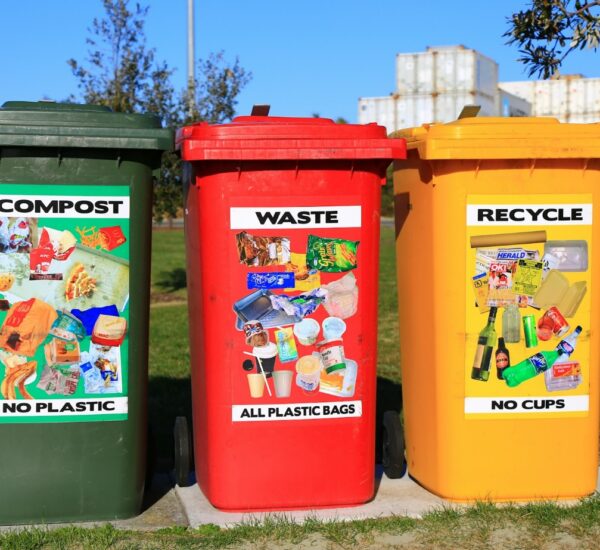The Illinois EPA coordinates one-day household hazardous waste collections each year in the spring and fall. The first of these collections began in November 1989. Since then, 401, 350 households have participated in 449 events, with more than 78, 100 drums of material collected.
The Illinois EPA seeks and encourages communities or organizations to cosponsor household hazardous collection events. If the applicant is not a unit of local government, letters of support are required indicating that the appropriate government units are in support of the program. An application is available for printing or you can apply online.
Applications are accepted each fiscal year, are kept active indefinitely and are NOT chosen on a first come, first serve basis. Applications are categorized into potential large, medium or small events then ranked by a point system based on certain criteria. Events are selected each spring and fall utilizing the ranking system with the number of collections determined by available funding. The Illinois EPA provides funding and contractor oversight, and assumes waste generator. Cosponsors provide promotion and advertising, site location and volunteers to supervise traffic control, greet and survey participants and distribute information for the events.
Collections are scheduled on Saturdays, from 8 a.m. to 3 p.m., for the greatest convenience of working families. Citizens are asked to bring harsh chemical cleaners, paints, thinners, antifreeze, weed killers, insecticides and pesticides, and similar hazardous household products. Explosives, propane tanks, fire extinguishers, smoke detectors, agricultural chemicals and business wastes are not accepted. View a complete list of household hazardous wastes that are and are not accepted at one-day collections.
While the Agency collections will accept used motor oil, participants should take this material to local recyclers, to reduce the volume of wastes at collection sites. Used motor oil can be re-refined. Though lead-acid batteries are not commonly accepted during collections, local retailers are willing to accept them; lead and acid from batteries can be recovered for future use. Liquid motor oil and lead-acid batteries are banned from Illinois landfills. Also, latex or “water-based” paints are not household items that should be delivered to household hazardous waste collection events. Modern latex paint does not contain hazardous constituents and can be dealt with in cheaper, more efficient ways than at a HHW collection. What can you do with latex paint instead of taking it to a household hazardous waste collection?
The Rechargeable Battery Recycling Corporation (RBRC) has developed a network of retailers available to accept nickel cadmium batteries for subsequent recycling. If you would like to find a retailer near you, go to the RBRC site and click on Ni-CD drop-off locations.
Source: www.epa.illinois.gov




